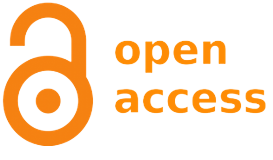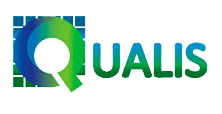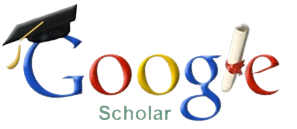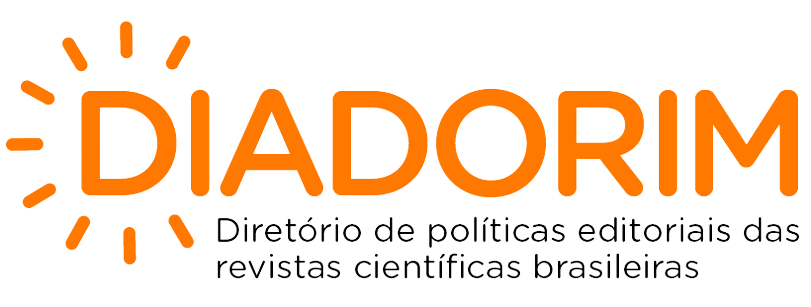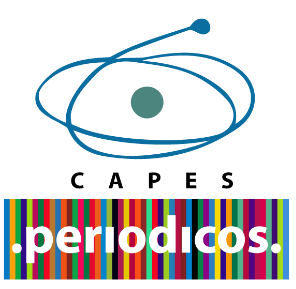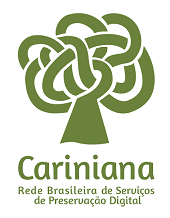School library and reading mediation: a proposal for catalog books.
DOI:
https://doi.org/10.5433/2317-4390.2014v3n1-2p197Keywords:
School library, Reading mediation, Formation reader, Bibliographic recordAbstract
Introduction: This article handles the social and academic education of the School Library educator and her contribution to the development of reading mediation practices for reader's education.Objective: Check how the school library, its pedagogical organization and the storytelling contribute to the formation of readers.
Methodology: The bibliographic research of documentary method based on personal papers written and on official papers, aiming to verify the education of the individual, the school library and the pedagogical organization of storytelling contribute to the reader's education. This research is guided by: Silva, Lajolo, Zilberman, whom conceptualize reading and UNESCO and Barbosa et al. papers regarding School Library organization.
Results: As a result of this research obtained a bibliographic record sheet as assistance in the continuing education of library educator for all school educators can use the books in the classroom at the time of storytelling and therefore expand their practice in a reading mediation
Conclusions: It is concluded what the teacher of the school library has a function to intermediate the student's learning process, stimulating him/her to be a diligent reader and presenting literature that contributes to his/her growth as reader, it is important to highlight that the library environment must be suitable to accommodate this reader, providing approximation the reader with book.
Downloads
References
BARROS, Maria Helena Toledo Costa de. Leitura do adolescente: uma interpretação pelas bibliotecas públicas do Estado de São Paulo - pesquisa trienal. Marília: UNESP, 1995.
BICHERI, Ana Lúcia Antunes de Oliveira; ALMEIDA JÚNIOR, Oswaldo Francisco. Bibliotecário escolar: um mediador de leitura. Biblioteca Escolar em Revista, Ribeirão Preto, v. 2, n. 1, p. 41-54, 2013.
BRASIL. Secretaria de Educação Fundamental.Parâmetros curriculares nacionais: língua portuguesa /Secretaria de Educação Fundamental. Brasília, 1997.
GARCIA, Edson Gabriel. A Leitura na escola de 1º grau: por uma outra leitura da leitura. 2. ed. São Paulo: Editora Loyola, 1992.
IFLA. Manifesto da IFLA/Unesco para biblioteca escolar. Tradução de Neusa Dias de Macedo. IFLA, 2005. Disponível em: http://www.ifla.org/files/assets/schoollibraries-resource-centers/publications/school-library-guidelines/school-libraryguidelines-pt.pdf. Acesso em 15. jul.2013.
LAJOLO, Marisa. O texto não é pretexto. In: ZILBERMAN, Regina (Org.). Leitura em crise na escola: as alternativas do professor. Porto Alegre: Mercado Aberto, 1986.
MARTINS, Elizandra; BORTOLIN, Sueli. O bibliotecário escolar "afinando" o foco na leitura. In: SILVA, Rovilson José da; BORTOLIN, Sueli (Org.). Fazeres cotidianos na biblioteca escolar. São Paulo: Polis, 2006. p. 33-42. (Coleção Palavra-Chave, v.17).
MENEGOLLA, Maximiliano; SANT'ANA; Ilza Martins. Porque Planejar? Como Planejar? Currículo e Área-Aula. 11. ed. Petrópolis: Vozes. 2001.
SILVA, Ezequiel Theodoro da. Democratização da leitura: uma forma de despertar leitores. In: SILVA, Ezequiel Theodoro da. Conferências sobre leitura: trilogia pedagógica. Campinas: Autores Associados, 2003.
SILVA, Ezequiel Theodoro da. O Professor e o Combate à Alienação Imposta. São Paulo: cortez: Autores Associados,1991.
SIMÃO, Maria Antonieta Rodrigues; SCHERCHER, Eroni Kern; NEVES, Iara Conceição Bitencourt. Ativando a biblioteca escolar. Porto Alegre: Sagra-DC Luzzato, 1993.
WARSCHAUER. C. A Roda e o Registro. Rio de Janeiro: Paz e terra, 1993.
ZILBERMAN, Regina. A literatura infantil na escola. 11. ed. São Paulo: Global, 2003
Downloads
Published
How to Cite
Issue
Section
License
Copyright (c) 2014 Informação@Profissões

This work is licensed under a Creative Commons Attribution 4.0 International License.
A revista se reserva o direito de efetuar, nos originais, alterações de ordem normativa, ortográfica e gramatical, com vistas a manter o padrão culto da língua e a credibilidade do veículo. Respeitará, no entanto, o estilo de escrever dos autores. Alterações, correções ou sugestões de ordem conceitual serão encaminhadas aos autores, quando necessário.
O conteúdo dos textos e a citação e uso de imagens submetidas são de inteira responsabilidade dos autores.
Os trabalhos publicados passam a ser propriedade da revista Informação& Profissões, ficando sua reimpressão total ou parcial sujeita a autorização expressa da revista. Em todas as citações posteriores, deverá ser consignada a fonte original de publicação, no caso a Informação&Profissões.




